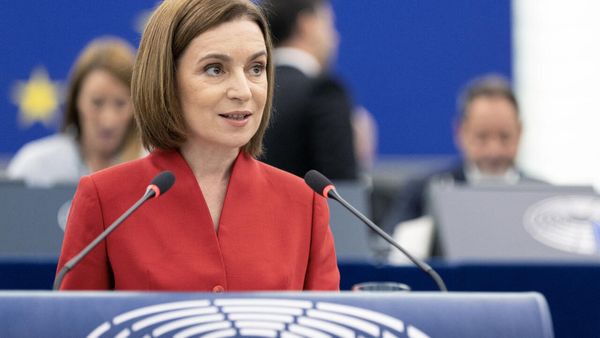
Almost half of people think that Government plans to improve the health of the nation will have no difference, or make it harder to get a GP appointment, according to a survey.
More than four in 10 also believe the 10-year plan will make no difference or will not improve waiting times in A&E.
However, there is huge support for some of the ideas included in the blueprint, with the overwhelming majority backing the creation of neighbourhood health centres, the expansion of the NHS app and more mental health support in schools and colleges.
The 10-year health plan was unveiled by Prime Minister Sir Keir Starmer earlier this month, and set out a series of shifts to bring care much closer to people’s homes, reducing the reliance on hospitals and A&E.
Key reforms include an enhanced NHS app, giving patients more control over their care, new neighbourhood health centres open six days a week and at least 12 hours a day, and new laws on food and alcohol to prevent ill health.
A survey of 1,023 adults in Britain, conducted by Ipsos for the PA news agency, asked people how they think the plan will impact access to healthcare, such as getting a GP appointment, A&E waiting times and waiting times for routine hospital treatment.
Some 35% said the plan will have no impact on getting a GP appointment, while 14% believe it will make things harder.
This compares with the 29% of people who said they think it will make getting an appointment easier.
More than a third (37%) said it will make no difference to waiting times in emergency departments, while almost one in 10 (9%), said they believe it could worsen waiting times, compared with 30% who said it will improve them.
Meanwhile, 31% said the plan will have no impact on waiting times for hospital treatment, 11% believe the plan will worsen waiting times and 34% said they think the measures will help.
However, a number of proposals outlined in the plan were strongly backed by the public.
Some 84% said they supported the creation of a single patient record, while 78% backed the creation of neighbourhood health centres, 73% support the expansion of the NHS app and 72% are in favour of more mental health support in schools and colleges.
However, more than a quarter (27%) of people do not support making hospitals fully AI enabled, compared with 44% who would back the move.
Almost one in five (18%) said they would not support so-called “patient power payments”, which would allow patients to hold back some of the payment for their care if they are not satisfied, while 42% would support the measure.
Some proposals aimed at helping people to lead healthier lives were also strongly supported.
A ban on the sale of high-caffeine energy drinks was backed by 78% of people, while 69% back plans to restrict junk food advertising.
However, almost one in five (18%) tended to disagree with measures that could see alcoholic drinks labelled with nutritional information, although 57% backed the move.
One in four people think the measures included in the plan will make no difference to patients, the poll found.
Almost one in 10 (9%) said they think the changes will make things worse, while 35% believe it will improve the health service.
A similar proportion, 23%, said the 10-year health plan will make no difference to NHS staff, while 13% said it could make things worse and 33% believe it will have a positive effect.
A Department of Health and Social Care spokesperson said: “We’re getting on with the job of delivering for patients, with NHS waiting lists falling by 260,000 since July 2024, delivering more than 4.6 million additional appointments since the general election and recruiting over 1,900 extra GPs to fix the front door of the NHS.
“Backed by an additional £29 billion, our 10-year health plan will seize the opportunities provided by new technology, medicines and innovation to deliver better care for all patients, no matter where they live or how much they earn, and better value for taxpayers.
“It is no surprise the plan is popular with patients, it was the result of the biggest conversation with staff, patients and the public since the formation of the NHS, with more than a quarter of a million contributions.”







